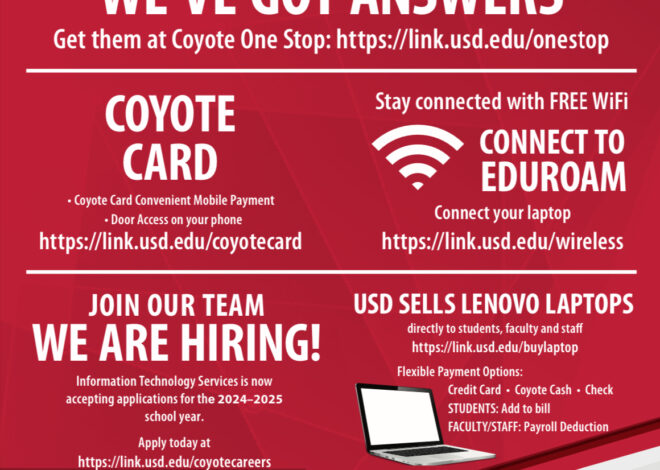What is Love? Valentines Day Discussion on the Science of Love
In his upcoming presentation on “The Science of Love,” Dr. Harry Freeman says he will teach students how to build their own Cupid’s arrow using science.
Freeman was recently asked by the Vermillion Rotary Club to give a talk on the scientific study and exploration of love, which he agreed to do. The topic of love has been his focus for much of his career in academia.
The “Science of Love,” presentation will be held on Valentine’s Day, Feb. 14, on USD’s campus. The time and location of the event are still to be determined. The purpose of this talk, according to Freeman, is to demystify the process of love and help students gain a better understanding of it.
Throughout his career, Freeman has done extensive research on the topic of love and relationships.
“I study the nature of close relationships: close relationships with parents, and in particular how those patterns in relationships also relate to romantic and sexual relationships,” said Freeman. “I study how we form romantic relationships in particular, and the biological and social forces that lead to attraction, falling in love and long-term relationships, as well as the patterns that then predict quality of relationships.”
Freeman teaches a full course on the science of love at USD, and he plans to discuss some things he talks about in that course in his Valentine’s Day event.
“It’s a reader’s digest version of a course I teach called ‘The Science of Love,’ so it gives one little segment of that, focused on attraction, why we love, how we fall in love and the social and biological components of that,” Freeman said. “In the course, we focus on three love types: infant-to-parent love, parent-to-child love and romantic love. The part I’ll be focusing on here is romantic love.”
Freeman plans to discuss in his talk how understanding the ways in which love works can benefit individuals.
“In this talk, I’m going to be using science to help you build your own Cupid’s arrow, in a sense, by helping you understand how the process of love works,” Freeman said. What goes into attraction? How do we understand the process? Once we understand the process, could we possibly manipulate it in a way?”
Freeman will also talk about the flexibility of love in humans, as well as love in connection with Artificial Intelligence.
“We’ll talk about how we understand this process from both an evolutionary perspective, but also from the perspective of where we are today,” Freeman said. “The process of falling in love with another person in a romantic way is still prevalent, but this same process is implicated in selections we make with love of many types and forms, such as connections we can make to a pet, or an infant’s connection to a stuffed animal or even connections with AI.”
Freeman hopes there will be time for open discussion during his presentation, and he ultimately hopes the audience will grasp his two main takeaways.
“I’m hoping that the talk is both educational in terms of understanding aspects of love that you didn’t know about, but also that the topics fit with your own experiences of love in your lives, so it’s relatable in that way,” Freeman said. “We’ll See.”


